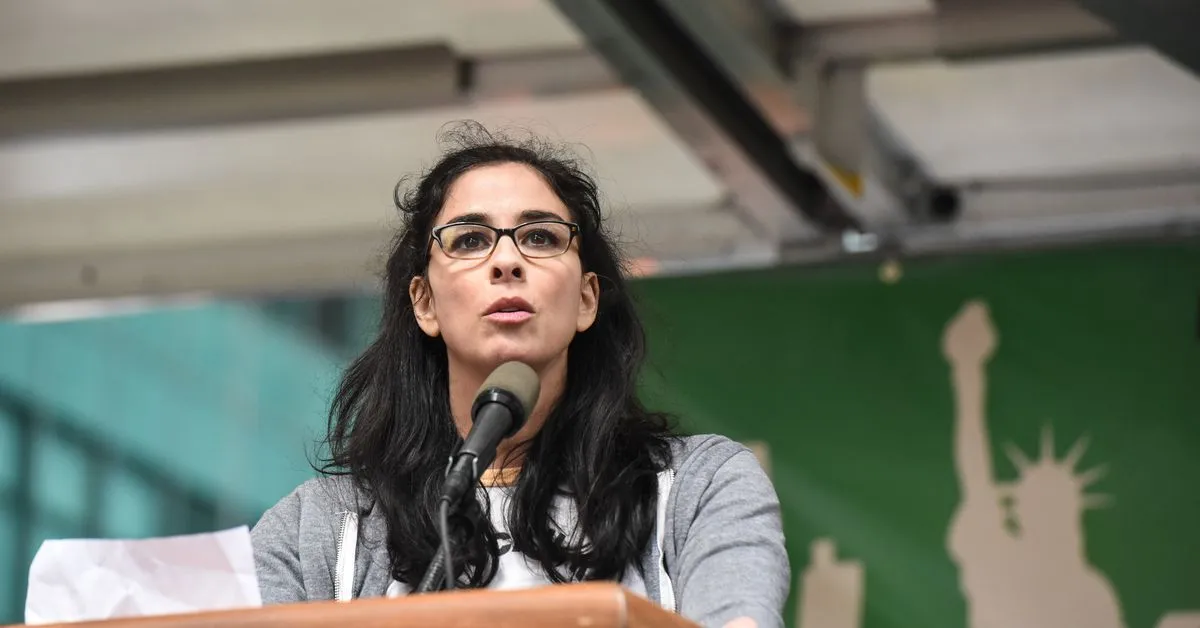Sarah Silverman, Christopher Golden, and Richard Kadrey are suing OpenAI and Meta over violation of their copyrighted books. The trio says their works were pulled from illegal “shadow libraries” without their consent.
Good. Artists should get paid extra for AIs being trained on their stuff. Doing it for free is our job.
But there’s no evidence, in this case anyway, that it was trained using the entire book(s). Multiple summaries of the author’s works are available on various sites in the public domain, and GPT is capable of amalgamating all of them and summarizing it.
Now if you asked it to reproduce an entire book, or say some random non-free chapter or excerpt exactly word-by-word, that would be a issue, but so far I haven’t seen any evidence that it was able to do so.
That’ll come out during the case. I assume they have evidence, otherwise suing would be a waste of time. Unless some lawyer is taking them for a ride.
You only do need 51% certainty to win in civil court, though, so maybe they think they can just argue it? Still though, I’d want some sound evidence before going to court. Unless it’s just a slapp-style suit, but that doesn’t really fit.
Should those artists pay the other artists they studied?
Absolutely.
Unworkable copyright maximalist take that wouldn’t help artists but would further entrench corporate IP holders.
At least you’re consistent!
I find that a little bit of a specious argument actually. An LLM is not a person, it is itself a commercial derivative. Because it is created for profit and capable of outproducing any human by many orders of magnitude, I think comparing it to human training is a little simplistic and deceptive.
in design school, I had to pay for the books I bought which contained the images of the art. whomever owns those images got paid for the license to appear in the book. when I go to museums, I had to pay (by admission price or by the tax dollars that go into paying for the museum’s endowment), and that pays for the paintings/sculptures/etc.
whenever I saw or see art, in one context or another, there’s some compensatory arrangement (or it’s being/has been donated— in which case, it’s tax-deductible).
edit: then again, my work is not a remixed amalgam of all of the prior art I consumed— unlike AI, I am capable of creating new unique works which do not contain any of the elements of original works I may be seen or learned from previously. I am able to deconstruct, analyze, and implement nuanced constructs such as style, method, technique, and tone and also develop my own in the creation of an original work without relying on the assimilation and reuse of other original works in part or whole. AI cannot.
for this reason I find this a flawed premise— comparing what an artist does to what LLMs or AI do is logically flawed because they aren’t the same thing. LLMs can only ever create derivative works, whereas human artists are capable of creating truly original works.
In all those instances you paid for the physical resources.
These AI are just automating remix culture.
Human creations should be free for all of us to use where possible (e.g. material costs for say a book).
Everything is a remix. Including all the work you’ve ever done. And everything I’ve ever done. Nothing is wholly original.
But it is partially original. With AI nothing is original.
No. This fundamentally misrepresents the ai models.
No it doesn’t.
AI doesn’t generate anything new. It uses mathematical models to rearrange and regurgitate what it’s already been given. There’s no creation, there’s nothing original. It’s simply stats.
Like a remix?




